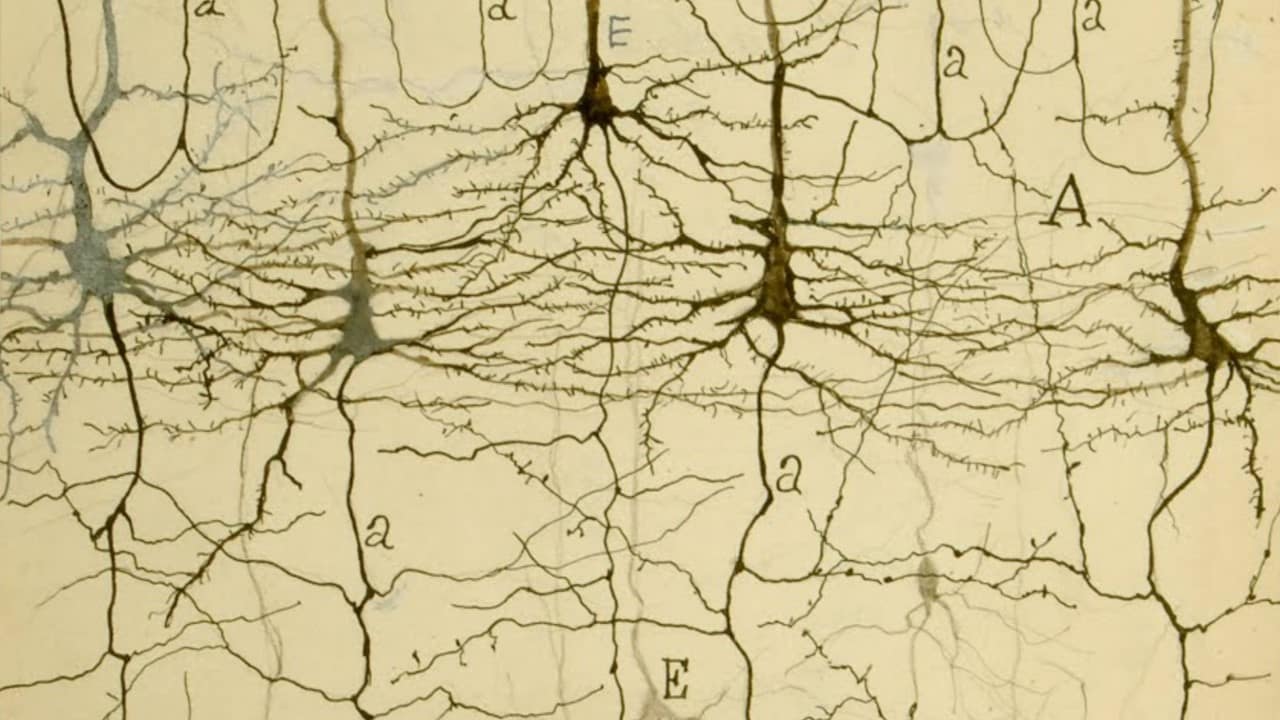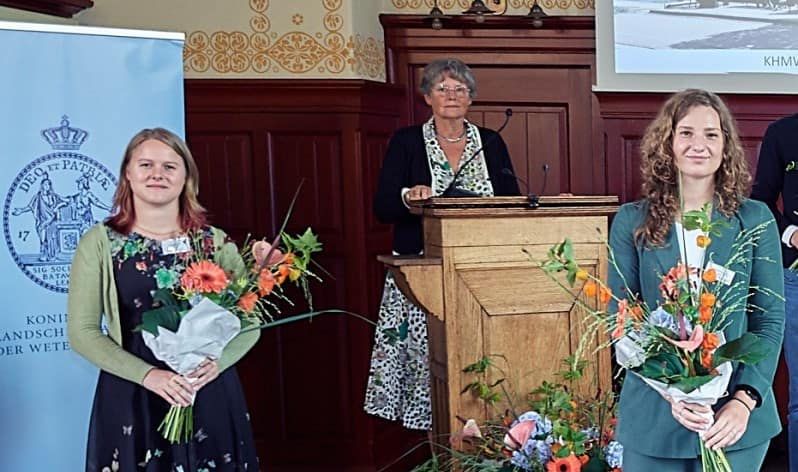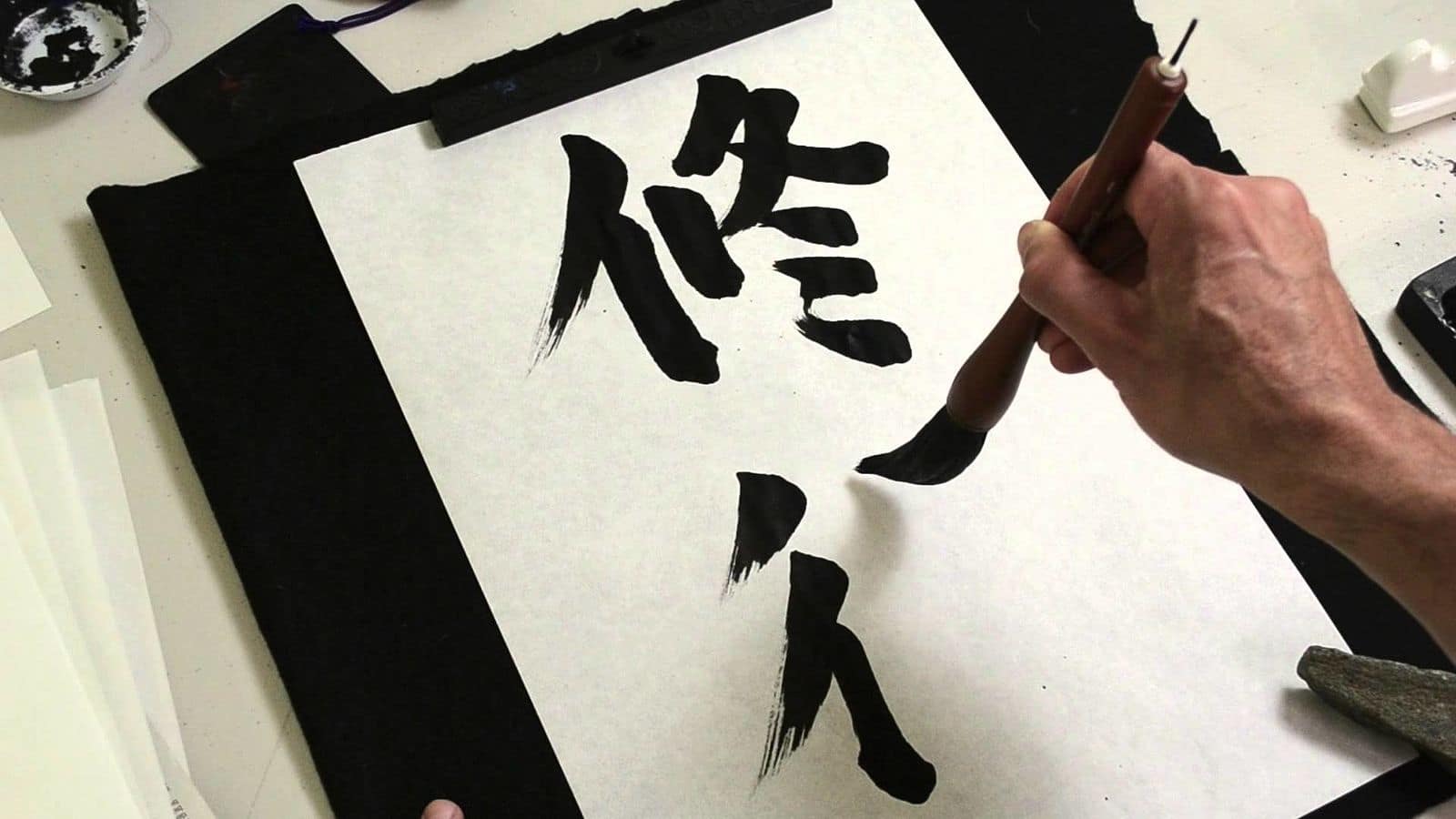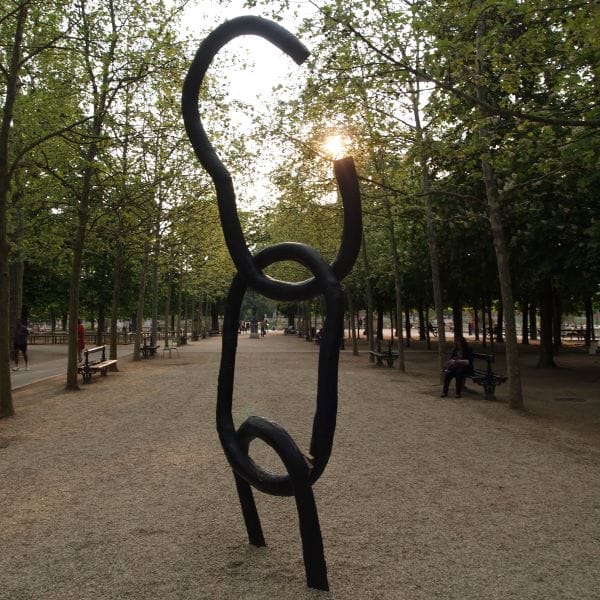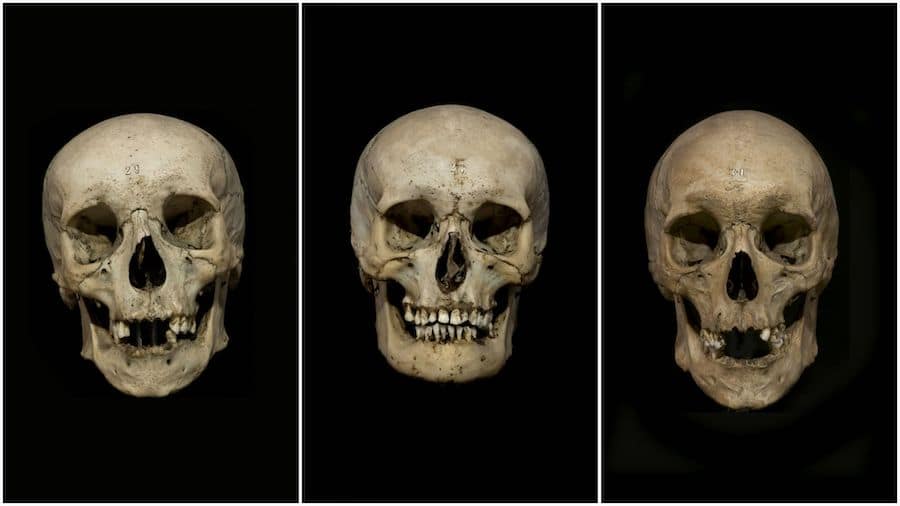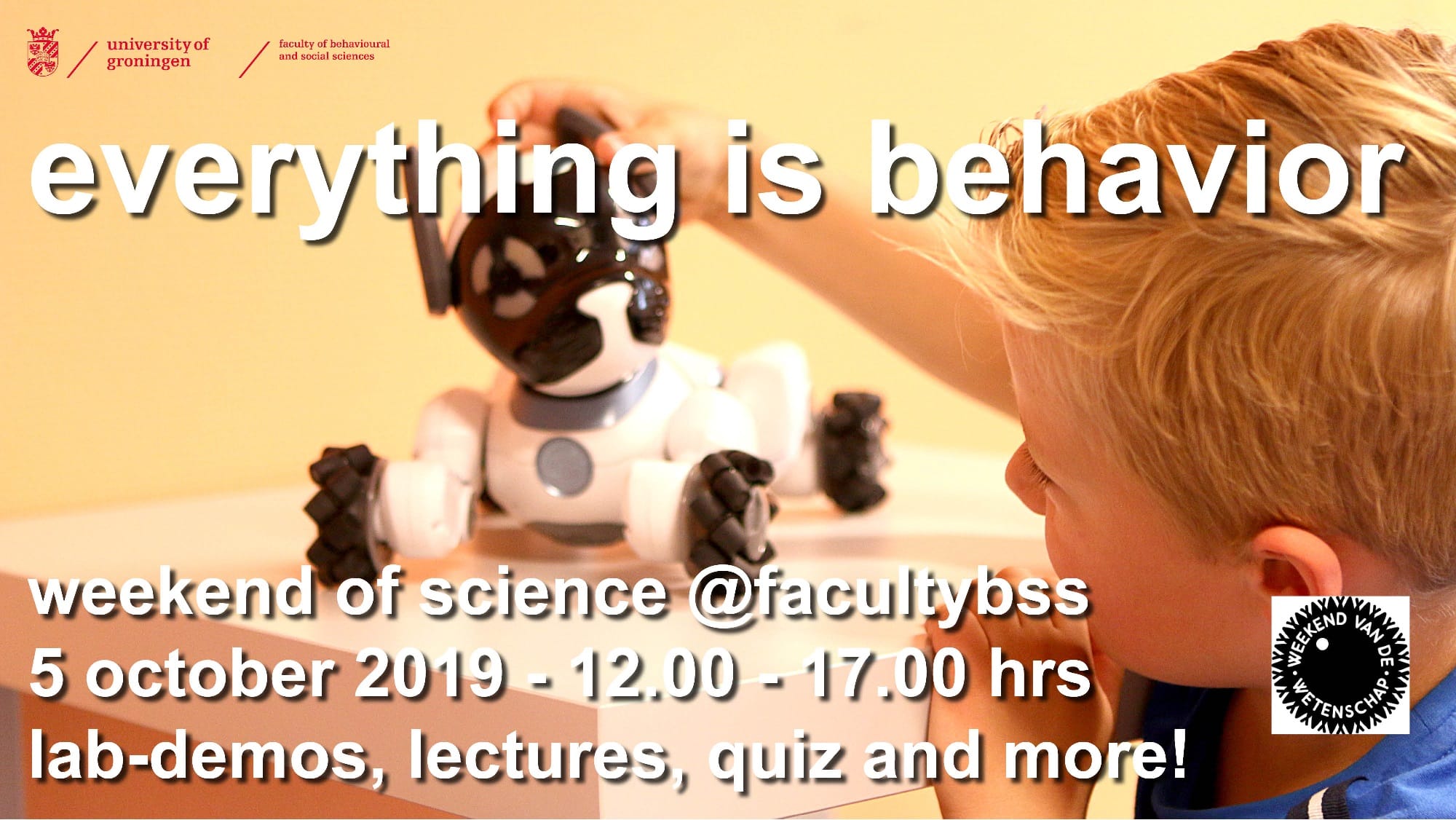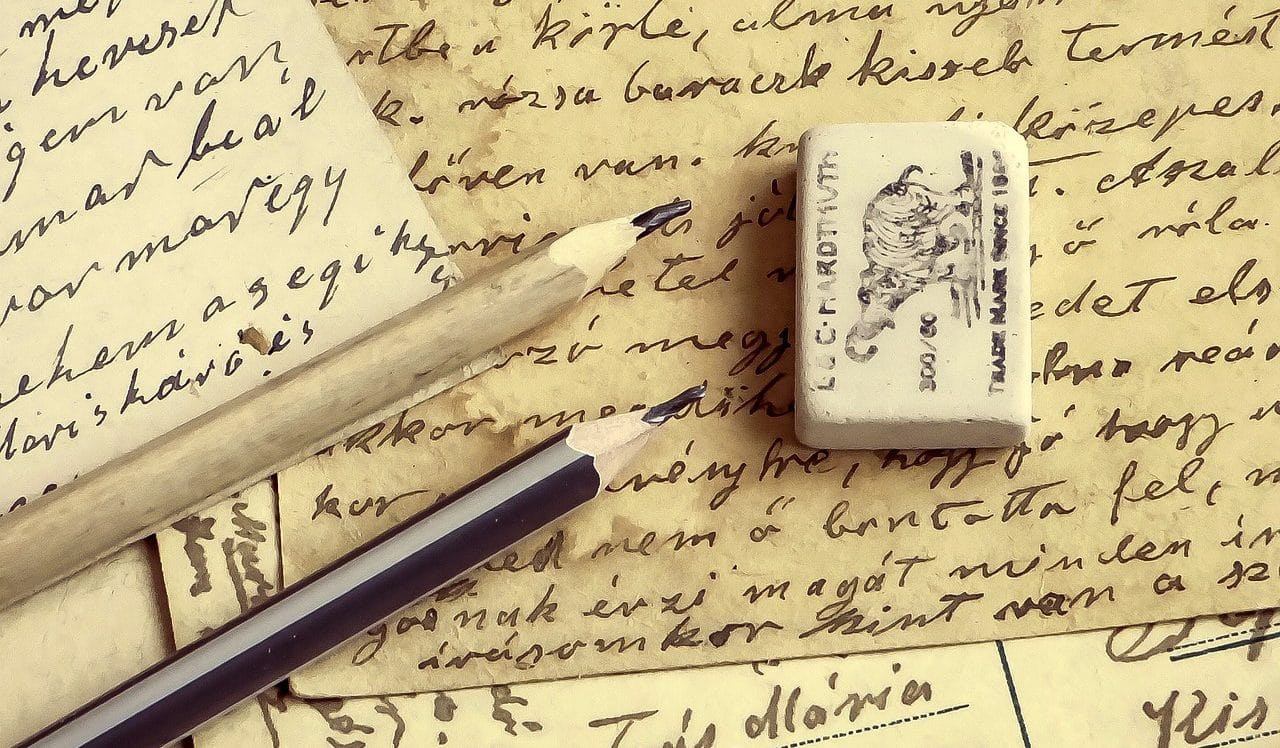Many think that believing in monism and not in any kind of metaphysical soul means believing in no mind at all. I am clearing up this misconception and argue that if the brain is the mind (just on a different level), psychology becomes the indirect study of the brain and neuroscience becomes the indirect study of the mind.
The Jan Brouwer Scriptieprijs is awarded every year by the Koninklijke Hollandsche Maatschappij der Wetenschappen (the Royal Holland Society of Sciences and Humanities) to recognize the best master thesis in the country across eight categories. Last year, two students from the Heymans Institute captured both of the awards that relate to our interests: Chantal D’Amore […]
Dr Burman writes about recent efforts to make it possible to read thousands of articles at one glance. It turns out to be quite complicated, especially if you want to be able to trust that what you’ve understood is consistent with what your sources actually said.
Dr Burman decided to write several dozen haiku about the History of Psychology. For fun. As part of his Christmas vacation. Here, he also used the challenge of navigating the poetic constraints of its formalism to reflect on writing and creativity.
Don van Ravenzwaaij, Casper Albers, Maarten Derksen and Rink Hoekstra discuss how statistical misreporting can be propagated by experts. (Part 2 of our series on citation practices in psychology.)
Very few visitors of the University Museum in Groningen know that the three skulls exhibited there once belonged to Dutch gang members, and what they can tell us about the history and development of psychology and neuroscience.
On October 5th 2019, the Faculty opens her doors to showcase her ongoing research, during the national Weekend of Science. Everyone’s invited: neighbors, employees, students, family, friends, etcetera. The title of this year’s edition is “Everything is behavior” (“Alles is Gedrag”).
“It is possible to commit no mistakes, and still lose. That is not a weakness. That is life,” said then-Captain Jean-Luc Picard. This was thirty years ago. (The episode aired on 10 July 1989.) But it’s worth remembering. It’s also timely: Picard returns to screens this Autumn, albeit as a retired Admiral. And because I […]
Did you know that you could take the master-level Writing Skills course even if you aren’t enrolled in the Reflecting on Psychology master programme?
Why do some words have more power than others? And why do we sometimes feel meanings, instead of just thinking them? Here, dr Jeremy Burman reflects on the meaning of “I love you” as a way to wrestle with these questions.

